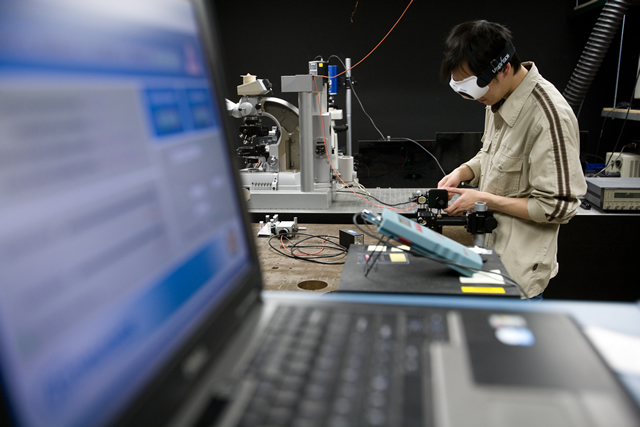
Computer Science ETDs
Publication Date
5-1-2012
Abstract
Clients, administrators, and law enforcement personnel have many privacy concerns when it comes to network forensics. Clients would like to use network services in a freedom-friendly environment that protects their privacy and personal data. Administrators would like to monitor their network, and audit its behavior and functionality for debugging and statistical purposes (which could involve invading the privacy of its network users). Finally, members of law enforcement would like to track and identify any type of digital crimes that occur on the network, and charge the suspects with the appropriate crimes. Members of law enforcement could use some security back doors made available by network administrators, or other forensic tools, that could potentially invade the privacy of network users. In my dissertation, I will be identifying and implementing techniques that each of these entities could use to achieve their goals while preserving the privacy of users on the network. I will show a privacy-preserving implementation of network flow recording that can allow administrators to monitor and audit their network behavior and functionality for debugging and statistical purposes without having this data contain any private information about its users. This implementation is based on identity-based encryption and differential privacy. I will also be showing how law enforcement could use timing channel techniques to fingerprint anonymous servers that are running websites with illegal content and services. Finally I will show the results from a thought experiment about how network administrators can identify pattern-like software that is running on clients' machines remotely without any administrative privileges. The goal of my work is to understand what privileges administrators or law enforcement need to achieve their goals, and the privacy issues inherent in this, and to develop technologies that help administrators and law enforcement achieve their goals while preserving the privacy of network users.
Language
English
Keywords
Privacy-Preserving, Forensics, Tor, Netflow
Document Type
Dissertation
Degree Name
Computer Science
Level of Degree
Doctoral
Department Name
Department of Computer Science
First Committee Member (Chair)
Arnold, Dorian
Second Committee Member
Perez-Gonzalez, Fernando
Third Committee Member
Comesana-Alfaro, Pedro
Recommended Citation
Shebaro, Bilal. "Privacy-preserving techniques for computer and network forensics." (2012). https://digitalrepository.unm.edu/cs_etds/19
